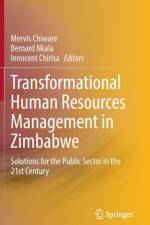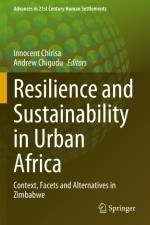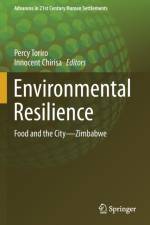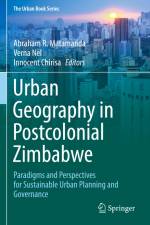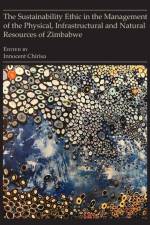- A Special Focus on Zimbabwe
av Innocent Chirisa
691
Climate change is the topic of the century. It is a subject of discussion by sceptics, heretics and those that have immersed in it as a serious debate for engagement. In this volume, the matter is localised to the plateau bordered by the great rivers of Limpopo to the south and Zambezi to the north. Evidence has it that climate change is inducing immense environmental change hitherto unknown including water stress and droughts, heat waves and flooding. The effects span across all sectors - agriculture, forestry, engineering, construction and other socio-economic dimensions of life. When an issue becomes such topical, it becomes political but also courts policy debate. The thrust of this volume is to explore into climate change as an environmental concern begging government attention and requiring prioritisation as a shaper of our future, whether we set to put mitigation or adaptation measures in place, or we choose to do nothing about it, as sceptics would perhaps suggest.The book explores climate change as a theoretical, policy, technical and practical debate as it affects sectors and rural and urban spatialities in Zimbabwe. Contributions explore such themes as regional research, gender, disaster preparedness, policymaking, resilience, governance, urban planning, risk management, environmental law, and the food-water-health-energy-climate change nexus.

